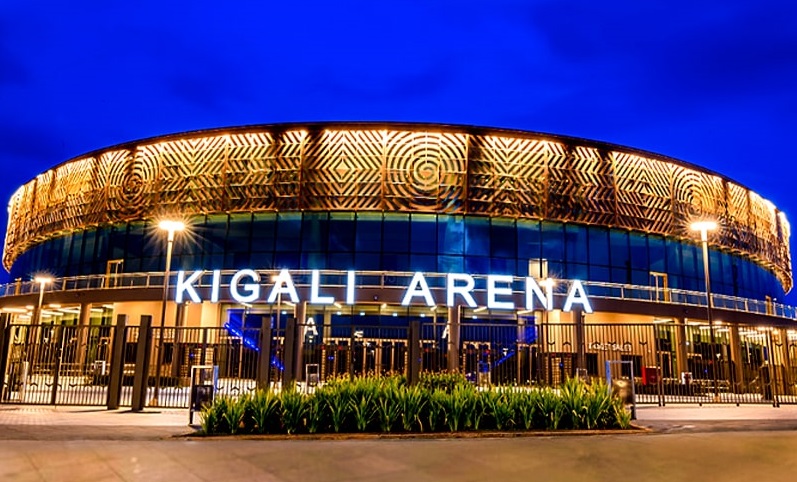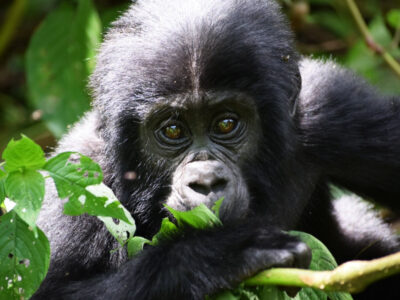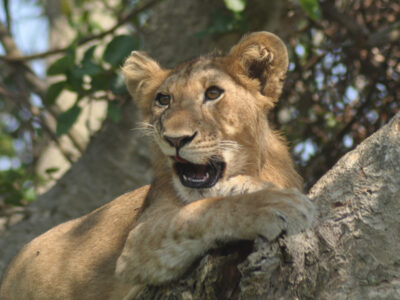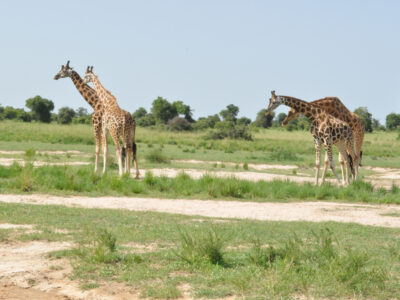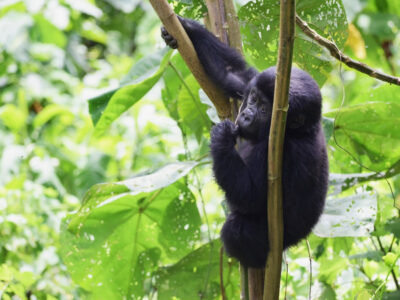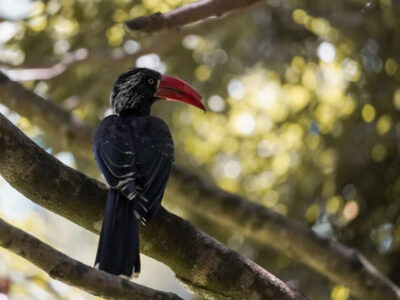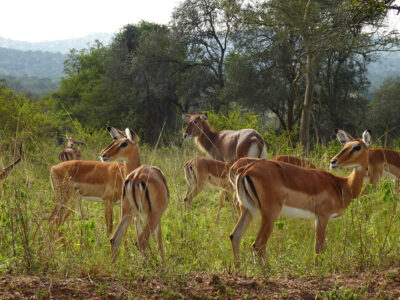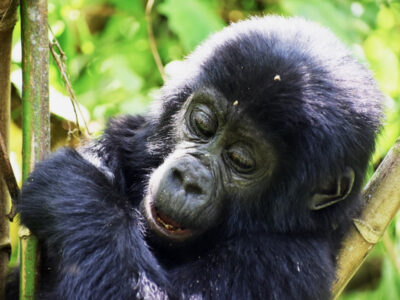POST COVID RWANDA TOURISM
After easing COVID-19 travel restrictions, Rwanda reports tourism. After COVID-19 restrictions were lifted, according to the Rwanda Development Board, the country registers over 80% of its business attaining recovery
“Meeting, Incentives, Conferences and Events (MICE) have been one of the leading factors in driving the tourism recovery in the country.” the head of Tourism and Conservation at the RDB Ariella Kageruka said.
She added saying that People in the tourism sector have returned to their jobs, more careers have been created and the number is higher than it was in 2019.
“The entrepreneurs and partners have also enabled the recovery process.” She continuously said.
Despite the pandemic, Rwanda hosted several conferences and meetings that have attracted international visitors. From the Common Wealth Heads of Government Meeting (CHOGM) held in June to international sporting events like the Basket Africa League (BAL), the country has achieved a lot from the MICE sector after covid.
Rwanda has received an incredible number of tourists who take safaris in its national parks besides MICE Tourism.
“The peak season has been quite busy and tourism has greatly recovered with some dates having no availability for gorilla permits, a requirement to visit the Volcanoes National Park Rwanda.” the owner of Lets Go Tours Rwanda Vincent Ngarambe said.
After opening up to almost the levels before the pandemic, Andrew Gatera, the owner of the G-Step added on that the tourist numbers have been recovering.
Gatera said that they witnessed a peak in the last three months,and though it is going down again, it might stabilize later. For the last three months were the peak season where most tourist arrivals to other national parks including the Akagera National Park and Nyungwe forest National Park
the director of Go Gorilla Trekking Ltd Mr. Makonzi Kiwanuka continuously added that the success of events such as the recently concluded Kwita Izina is proof that Rwanda tourism is strongly rebounding.” as an African tour operator that specializes in gorilla trekking around Africa, the number of gorilla trekkers has slightly improved compared to what it was like just a year ago.” He noted.
Post covid tourism in Rwanda.
After Rwanda registered its first coronavirus case in March 2020 suspended tourism just like other countries. Due to fears that the mountain gorillas and chimpanzees easily get human-related diseases, all primates were suspended.
Due to COVID restrictions, conferences and conventions during that time that was to be held between March and April of that year were canceled which resulted in the loss of 10 million U.S. dollars which is over 10% of estimated revenues in 2020 in Eat Africa countries.
According to official data from the Rwanda Development Board, the tourism industry at the time employed about 165,000 people before the coronavirus lockdown grounded all activities. Meanwhile, about 18,000 jobs were adversely impacted during the COVID-19 pandemic however they generated US$498 million dollars in tourism revenues in 2019.
How Covid affected Rwanda Tourism?
Despite Rwanda receiving a number of visitors after the pandemic attack, they have not yet reached the levels of tourists before the outbreak. However, Rwanda is one of the few destinations that have a registered tourism recovery in East Africa.
While COVID restrictions have eased, tourism may not return to pre-pandemic levels anytime soon due to the source market going through other shocks, citing recession and high inflation. a Kigali-based tourism analyst Carmen Nibigira warned despite the signs of recovery.
Due to the source market going through a recession, high inflation and the world economy not doing well makes tourism recovery from a two-year complex to understand in the business sense.
Based on the issue of inflation in Rwanda’s target international markets, Carmen Nibigira said that most tourists used to pay for their safaris in Euros however now there are paying in dollars which is now expensive due to the Russia-Ukraine war. She added saying that the Euro has depreciated making the safaris more expensive than they used to be for European Union tourists.
Due to MICE, Rwanda’s tourism boom has been registered recently instead of direct tourism bookings. Due to the efforts that the government of Rwanda is putting in to ensure that the land of a thousand hills is visible to everyone around the world, many stakeholders are high in hopes with expectations that direct tourism bookings will again pick up even better than it was before the pandemic.

